Fiction
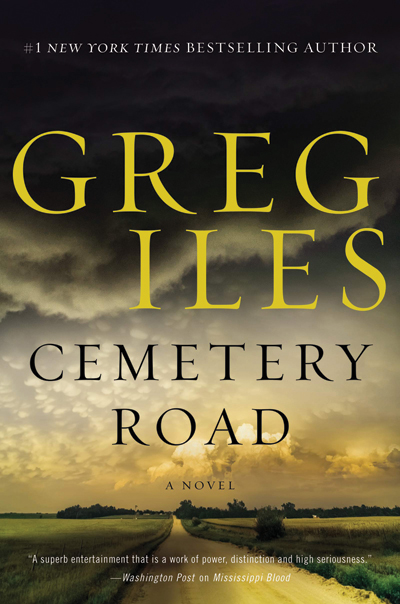 Cemetery Road
Cemetery Road
by Greg Iles
The suspense writer and author of the remarkable Natchez trilogy returns to weave a tale of friendship, betrayal, and dark secrets that threaten to destroy a small Mississippi town.
(William Morrow)
 Daisy Jones & The Six
Daisy Jones & The Six
by Taylor Jenkins Reid
This is one of the biggest novels of the first half of the year, told in the form of an oral history, about a young woman making music in the 1970s.
(Ballantine Books)
 Gingerbread
Gingerbread
by Helen Oyeyemi
In this fantastical novel, a daughter goes in search of her mother’s past, a journey that takes her to a far-off land where gingerbread is currency and magic might just be real.
(Riverhead Books)
 A Wonderful Stroke of Luck
A Wonderful Stroke of Luck
by Ann Beattie
A young man is reunited with his old teacher from boarding school days, disturbing his equilibrium and throwing everything that he feels, and thinks he remembers, into question.
(Viking)
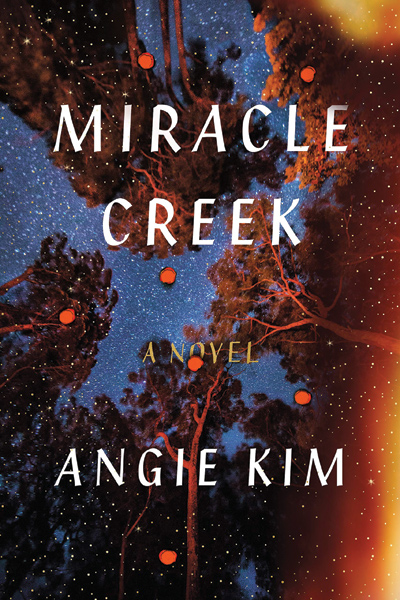 Miracle Creek
Miracle Creek
by Angie Kim
An experimental medical device kills two in rural Virginia and sets off a courtroom drama that draws on the author’s own life as a Korean immigrant, trial lawyer, and mother.
(Sarah Crichton)
Nonfiction
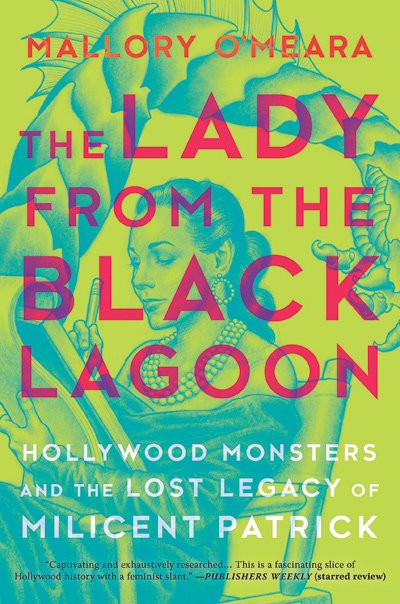 The Lady from the Black Lagoon
The Lady from the Black Lagoon
by Mallory O’Meara
This book uncovers the life and work of Milicent Patrick, one of Disney’s first female animators and creator of one of Hollywood’s classic movie monsters.
(Hanover Square Press)
 Horizon
Horizon
by Barry Lopez
In an extraordinarily thoughtful memoir, the National Book Award-winning author of Arctic Dreams examines the places he has visited in his life to tell his unique story.
(Knopf)
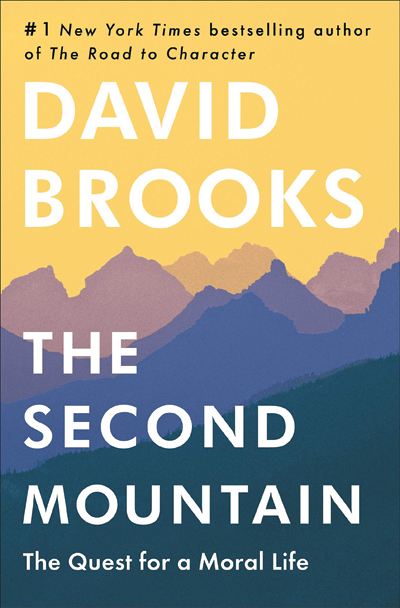 The Second Mountain
The Second Mountain
by David Brooks
The author examines how, in a self-centered world, we might actually be able to identify and take on causes bigger than ourselves.
(Random House)
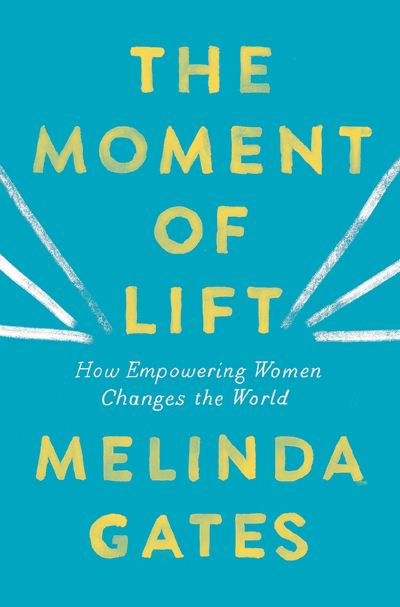 The Moment of Lift
The Moment of Lift
by Melinda Gates
In her first book, Gates looks at the past 20 years she has spent working to empower women and comes to one conclusion: If you want to lift a society up, you need to stop keeping women down.
(Flatiron Books)
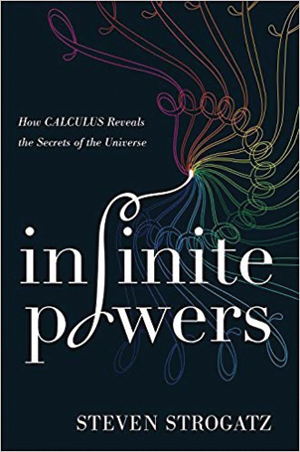 Infinite Powers
Infinite Powers
by Steven Strogatz
Without calculus, we wouldn’t have cellphones, TV, GPS, or ultrasounds. Here is a brilliant, appealing explanation of how calculus works and why it makes our lives so much better.
(Houghton Mifflin Harcourt)
This article is featured in the March/April 2019 issue of The Saturday Evening Post. Subscribe to the magazine for more art, inspiring stories, fiction, humor, and features from our archives.
Featured image: Shutterstock
Become a Saturday Evening Post member and enjoy unlimited access. Subscribe now



